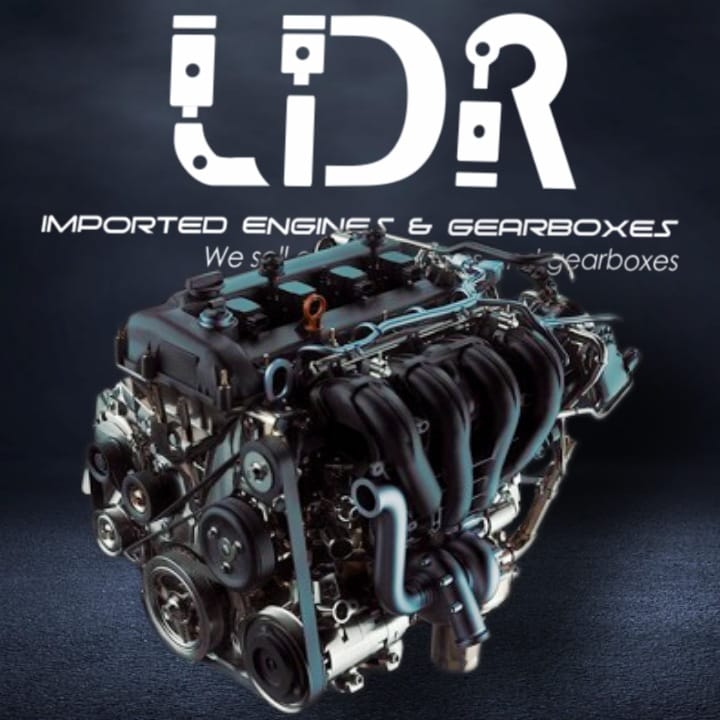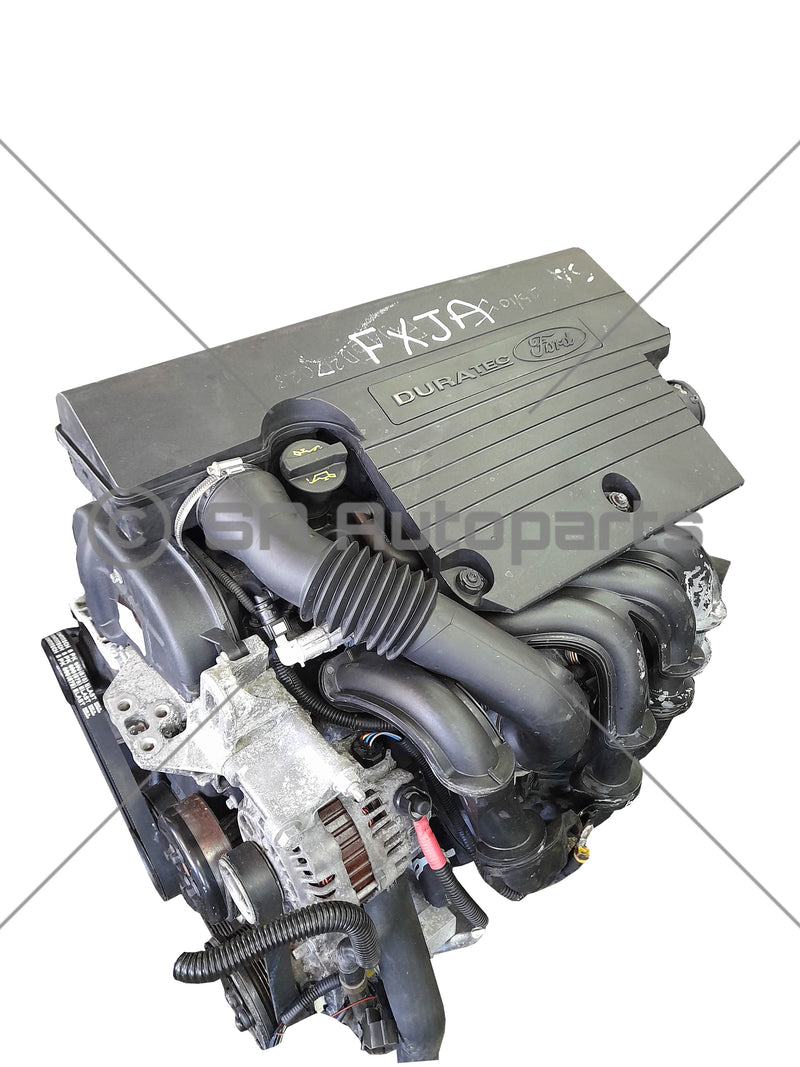Unlocking the Power of Engines: A Comprehensive Overview to Efficiency and Effectiveness
Recognizing the complex technicians of engines is vital for both performance lovers and everyday chauffeurs. By examining crucial metrics such as horsepower and torque, one can appreciate just how tuning methods boost efficiency while attending to ecological issues. In addition, routine upkeep plays a pivotal duty in sustaining optimum performance over time. As the automobile landscape shifts in the direction of electrification and progressed technologies, the concern develops: just how can we properly adapt to these modifications while making best use of engine capabilities? The answers may redefine our approach to engine performance and performance in manner ins which are both enlightening and important.
Comprehending Engine Fundamentals
What makes up the fundamental auto mechanics of an engine? At its core, an engine is a device designed to convert gas into mechanical energy with a series of regulated surges or combustion procedures.
The crankshaft after that transforms this linear activity into rotational energy, which inevitably powers the automobile. The camshaft manages the opening and closing of the valves, controling the consumption of air and fuel and the expulsion of exhaust gases. Furthermore, the engine counts on a meticulously adjusted fuel-air mix, ignition system, and cooling down system to make sure optimal efficiency and effectiveness.
Recognizing engine fundamentals additionally includes recognizing the relevance of engine cycles, such as the four-stroke cycle, that includes consumption, exhaust, power, and compression strokes. Each stage is vital in guaranteeing the engine operates efficiently and successfully. Mastery of these fundamental technicians prepares for checking out more complicated engine characteristics and performance metrics, essential for enhancing both power result and performance.
Secret Efficiency Metrics
Trick performance metrics are vital for examining an engine's performance and power result, giving valuable insights for both makers and customers. These metrics offer as benchmarks for engine performance, enabling educated choices in purchasing, manufacturing, and style.
Among the primary metrics is horsepower, which evaluates the engine's capacity to execute work over time. Torque, determined in pound-feet, is one more vital statistics that shows the engine's rotational pressure, directly affecting velocity and lugging ability. Gas effectiveness, usually determined in miles per gallon (MPG) or liters per 100 kilometers (L/100km), analyzes just how properly the engine transforms fuel right into movement, affecting functional expenses and ecological factors to consider.
Additionally, thermal efficiency steps how well an engine transforms gas power right into useful job, exposing insights into power losses mostly with heat. Exhaust degrees, including CO2 and NOx, are additionally essential, mirroring the engine's environmental effect and compliance with regulatory criteria.

Tuning Techniques for Efficiency
Tuning strategies play a considerable role in boosting engine performance by maximizing performance metrics determined look at this site in earlier discussions (ford fiesta engine). Different techniques exist to fine-tune an engine, each adding to improved fuel economic climate and minimized exhausts
One reliable method is changing the air-fuel ratio, making sure the engine operates within the ideal burning routine. A leaner blend can improve fuel effectiveness, however it should be stabilized to protect against misfires or engine knock. In addition, reprogramming the engine monitoring system can rectify specifications such as ignition timing, which additionally improves effectiveness while preserving power output.
An additional crucial approach involves modifying the consumption and exhaust systems. Upgrading to high-performance air more filters and exhaust headers can lower back stress, assisting in much better airflow. This allows the engine to take a breath even more freely, leading to boosted burning efficiency.
In addition, the application of innovative adjusting devices, like dyno testing, gives exact data that makes it possible for targeted changes. Frequently keeping track of these efficiency metrics guarantees that adjusting efforts yield the preferred efficiency results. Collectively, these methods not just boost engine performance yet also add to long-lasting sustainability in engine operations.
Upkeep for Ideal Efficiency
Normal engine maintenance is necessary for achieving optimum performance and durability. A well-maintained engine not only runs successfully but additionally minimizes the danger of pricey repair work and failures. Trick parts requiring routine focus consist of oil, filters, belts, moved here and spark plugs.
Altering the engine oil at advised intervals is vital, as oil lubes relocating components and avoids overheating. Replacing oil and air filters guarantees that contaminants do not harm engine function. Overlooking these elements can cause reduced effectiveness and prospective engine damage.
Additionally, checking and changing used belts and hoses is crucial to avoid sudden failures. Timing belts, particularly, ought to be changed according to the supplier's timetable to stay clear of devastating engine damage.
Spark connects ought to additionally be checked and changed as necessary, since they play a crucial role in ignition and gas efficiency.
Future Patterns in Engine Innovation
Accepting developments in innovation, the future of engine design is poised to revolutionize efficiency and performance throughout different applications. One of the most significant fads is the change towards electrification. Hybrid and fully electric powertrains are ending up being increasingly traditional, supplying minimized discharges and enhanced gas performance. This change is not just a trend yet a need driven by regulatory stress and consumer need for lasting services.
Moreover, advancements in materials scientific research are leading to lighter, more powerful elements that boost engine performance while lowering energy intake. Advanced manufacturing strategies, such as 3D printing, enable the production of complex geometries that enhance airflow and thermal administration, hence enhancing burning processes.
Furthermore, the assimilation of expert system and machine understanding is readied to change engine diagnostics and efficiency tuning. These innovations can assess vast amounts of data in actual time, enabling predictive upkeep and tailored performance enhancements.
Verdict
In final thought, opening the power of engines needs a detailed understanding of their auto mechanics and performance metrics. Applying reliable adjusting techniques and adhering to regular maintenance methods considerably enhance engine capabilities.
In addition, the engine depends on a very carefully calibrated fuel-air combination, ignition system, and cooling down system to guarantee optimal efficiency and efficiency.
Understanding engine fundamentals also entails recognizing the relevance of engine cycles, such as the four-stroke cycle, which includes consumption, exhaust, power, and compression strokes. Mastery of these basic auto mechanics lays the groundwork for discovering much more intricate engine characteristics and performance metrics, essential for maximizing both power output and efficiency.

Embracing developments in modern technology, the future of engine design is poised to change efficiency and performance throughout different applications.